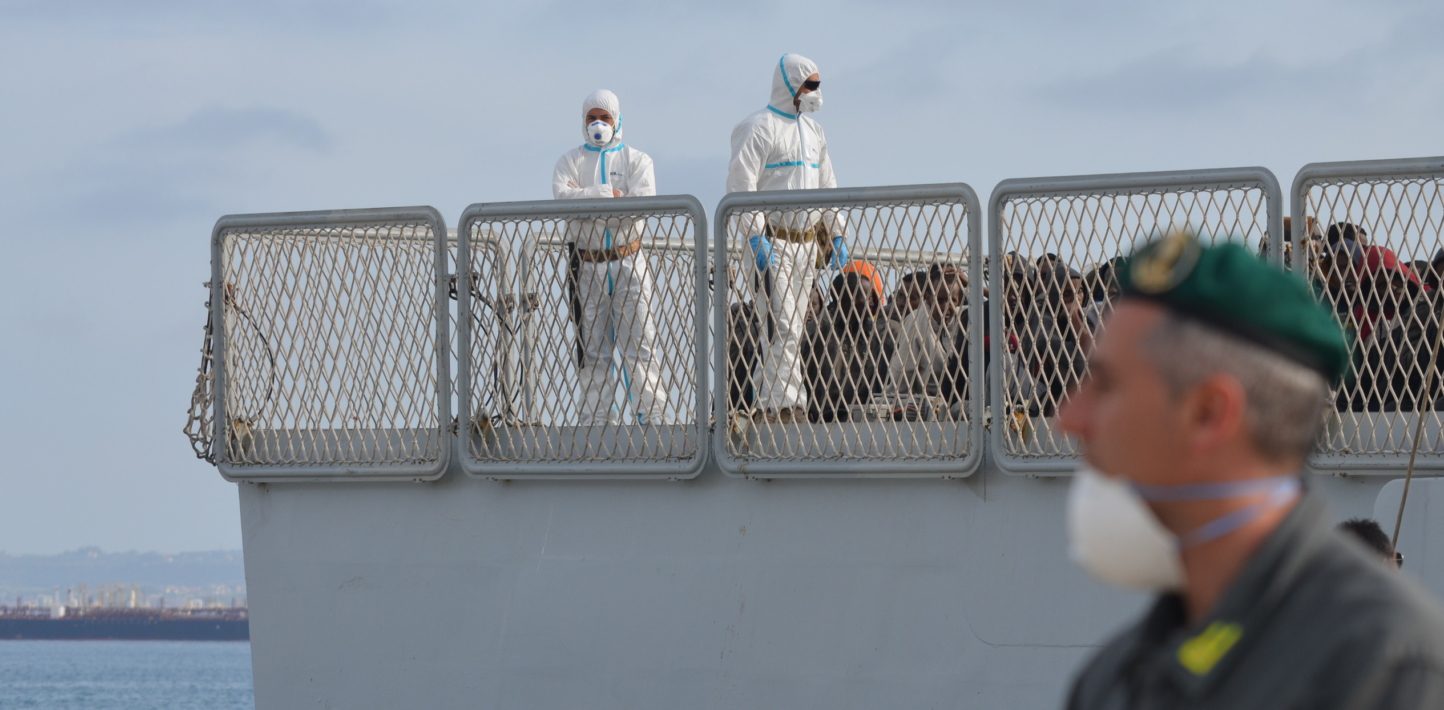The increase in Triton’s resources and operational area, confirmed by the European Commission (EC) today as it presented additional proposals around the European Agenda on Migration, will at last move towards closing the search and rescue gap created by the closure of Italy’s defunct Operation Mare Nostrum, enabling it to save more lives at sea, said Amnesty International.
“By adding resources to patrol the central Mediterranean and expanding the operational area of Triton to the level of the defunct Operation Mare Nostrum, the European Union has finally recognised the colossal mistake in closing Italy’s operation without replacing it with an equivalent mission,” said Iverna McGowan, acting director of Amnesty International’s European Institutions Office.
This means more assets at sea, closer to where most refugees and migrants, travelling on overcrowded and unseaworthy boats, get into trouble and risk drowning. And ultimately more lives will be saved.
Iverna McGowan, Acting Director of Amnesty International's European Institutions Office
“In practice, this means more assets at sea, closer to where most refugees and migrants, travelling on overcrowded and unseaworthy boats, get into trouble and risk drowning. And ultimately more lives will be saved.”
Whilst Amnesty International welcomed the significant increase in European search and rescue capacities, the reality is that lives will continue to be at risk. A truly comprehensive approach to migration will require more safe and legal routes to be offered to those seeking international protection. Without this, people will continue to embark on perilous journeys across the Mediterranean to Europe as a last resort.
One such measure that Amnesty International has been calling for is an increased number of resettlement places for refugees. Today the EC presented a proposal on resettlement in the context of the European Agenda on Migration. The proposal for a European Union (EU) wide resettlement scheme involving all member states, on top of existing national resettlement schemes, is a good idea. But the numbers proposed fall far short of what would be an adequate response to the global refugee crisis.
The EC also proposed an emergency scheme to support Italy and Greece through the relocation of 40,000 of the Syrian and Eritrean asylum-seekers arriving after 15 April in these countries to other EU member states over a two year period. Several practical considerations must be addressed to make sure that such plans guarantee the effective protection of vulnerable people.
Any relocation proposals will only make a positive difference to the lives of those in need if reception conditions are improved, asylum systems are strengthened across the EU and the will of asylum-seekers is taken into consideration.
Iverna McGowan
“Any relocation proposals will only make a positive difference to the lives of those in need if reception conditions are improved, asylum systems are strengthened across the EU and the will of asylum-seekers is taken into consideration,” said Iverna McGowan.


